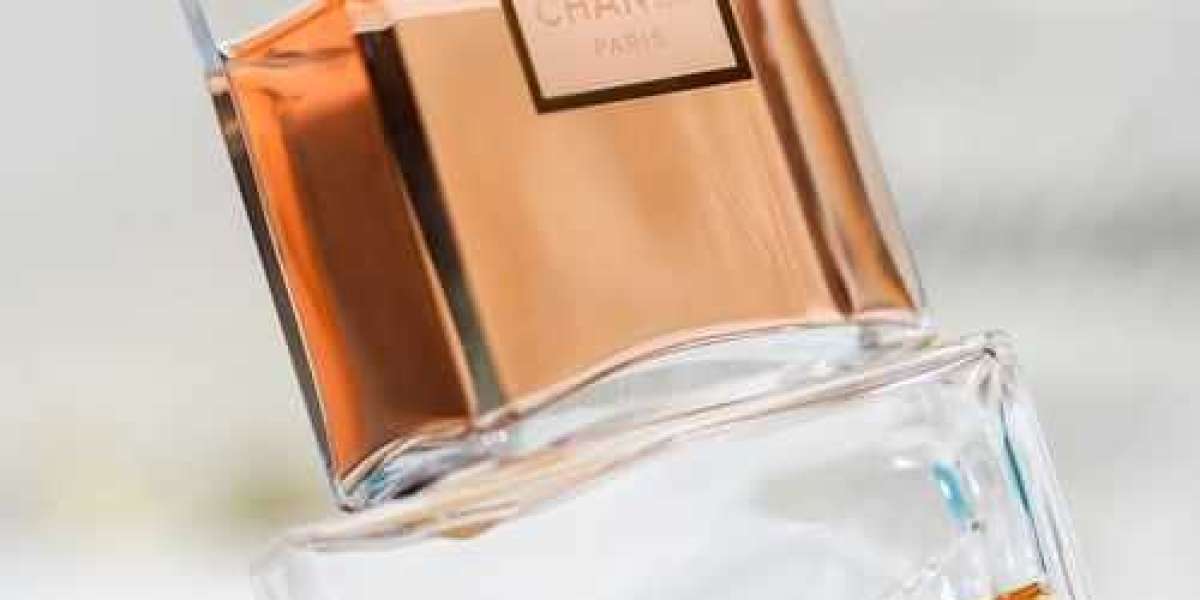In the ever-evolving world of perfume notes, consumers are becoming more curious about what's actually in their perfumes. One of the most common questions people ask is: “What’s the difference between oil-based and alcohol-based perfumes?”
Whether you're a fragrance enthusiast, a skincare-conscious shopper, or someone exploring longer-lasting scent options, understanding the key differences between fragrance oils and alcohol-based perfumes can help you choose the right product for your lifestyle, preferences, and even skin type.
Let’s dive into the science, performance, and pros and cons of oil fragrances vs. alcohol-based perfumes—so you can make a fully informed scent decision.
What Is an Oil-Based Fragrance?
An oil-based fragrance is a perfume composition where essential oils or synthetic aromatic compounds are diluted in a carrier oil—usually jojoba oil, fractionated coconut oil, or sweet almond oil.
There’s no alcohol in oil perfumes, which makes them gentler on the skin and slower to evaporate.
Common Forms:
Roll-on oils
Perfume balms
Attars (especially in Middle Eastern perfumery)
Fragrance concentrates
What Is an Alcohol-Based Perfume?
Alcohol-based perfumes are the most common type on the market. These fragrances consist of a blend of aromatic oils dissolved in alcohol, usually ethanol (denatured alcohol).
The alcohol serves as a carrier and diffuser, allowing the scent to disperse quickly into the air and develop in layers.
Common Forms:
Eau de Parfum (EdP)
Eau de Toilette (EdT)
Eau de Cologne (EdC)
Body mists sprays
Oil Fragrance vs. Alcohol-Based Perfume: The Key Differences
| Feature | Oil-Based Fragrance | Alcohol-Based Perfume |
|---|---|---|
| Evaporation | Slow | Fast |
| Sillage (scent trail) | Subtle, intimate | Strong, expansive |
| Longevity | 6–15+ hours (on skin) | 3–8 hours (varies by concentration) |
| Skin Sensitivity | Gentle, non-drying | May dry or irritate sensitive skin |
| Projection | Close to skin | More pronounced |
| Application | Dab or roll-on | Spray |
| Dry Down | Slower and more linear | Evolves through top, heart, base notes |
| Alcohol Content | 0% | Up to 95% alcohol |
| Storage | Longer shelf life | Alcohol may evaporate over time |
Application Wear Experience
Oil-Based Fragrances:
Applied to pulse points using a rollerball or dabber
Feels smooth, non-sticky
Wears closer to the skin, making it ideal for office wear or intimate settings
Develops more linearly (less volatile, fewer top notes)
Alcohol-Based Perfumes:
Applied as a spray mist
Provides an instant burst of scent
Evolves over time as alcohol evaporates—classic perfume pyramid
Ideal for people who love noticeable projection and layered complexity
Which Lasts Longer?
Oil-based perfumes generally last longer on the skin because they evaporate more slowly than alcohol. Many users report oil fragrances lasting 8 to 15 hours, sometimes more, depending on skin type and scent concentration.
Alcohol-based perfumes may start stronger but fade faster—especially Eau de Toilette or Eau de Cologne.
However, Eau de Parfum and Extrait de Parfum can still offer excellent longevity if well-formulated.
Skin Compatibility
Choose oil-based if:
You have dry or sensitive skin
You want to avoid alcohol, especially for religious or skin health reasons
You prefer a moisturizing scent experience
Choose alcohol-based if:
You love a strong first impression
You enjoy the way perfumes develop over time
You want a scent that fills the room or has strong projection
Natural vs. Synthetic: A Common Misconception
Some believe oil-based = natural and alcohol-based = synthetic, but that’s not necessarily true.
Fragrance oils can be natural or synthetic.
Alcohol-based perfumes often contain both essential oils and lab-created aroma molecules.
What really matters is the formulation and quality of ingredients, not just the base.
Cultural and Religious Preferences
In many parts of the Middle East, alcohol-free perfume oils (attars) are preferred due to religious beliefs and climate conditions. Oil perfumes are also a tradition-rich part of South Asian and Arabic cultures, where they are often used in rituals, hospitality, and personal grooming.
On the other hand, Western perfumery has historically leaned toward alcohol-based formulations for their expressive projection and artistic complexity.
Pros Cons Summary
Oil-Based Perfume:
Pros:
Long-lasting
Skin-friendly and moisturizing
No alcohol (halal-friendly)
Subtle and intimate
Cons:
Less projection
May stain clothes if overused
Limited in top-note freshness
Alcohol-Based Perfume:
Pros:
Strong sillage and projection
Complex scent development
Wide variety available
Easier to layer or refresh
Cons:
Can dry out skin
Fades more quickly
Not ideal for sensitive skin types
Which Should You Choose?
Ask yourself the following:
Do you want your scent to announce your presence? → Go with an alcohol-based perfume.
Do you prefer a scent that stays close and lasts all day? → Choose an oil-based fragrance.
Do you have sensitive or dry skin? → Opt for oil-based.
Do you want a traditional “perfume journey” with top, heart, and base notes? → Stick with alcohol-based options.
Expert Tip: You Can Layer Both
One powerful approach is layering oil and alcohol-based perfumes:
Apply an oil fragrance to moisturize and create a scent base
Follow with a light spray of an alcohol-based perfume for added projection
This not only enhances longevity but also creates a customized scent profile unique to you.
Final Thoughts
Whether you prefer the rich, intimate experience of oil-based perfumes or the bold, dynamic nature of alcohol-based fragrances, both have their own unique charm. The best choice ultimately depends on your personal preferences, lifestyle, and skin needs.
In today’s diverse fragrance market, many brands now offer both options, so you don’t have to choose just one. Why not enjoy the best of both worlds?
Which do you prefer—oil or alcohol-based perfumes?
Let us know in the comments, or explore our curated picks of long-lasting oils and modern alcohol-based scents on the blog.
Would you like a follow-up post with recommendations for top oil-based perfumes in 2025? I’d be happy to create a curated list!







